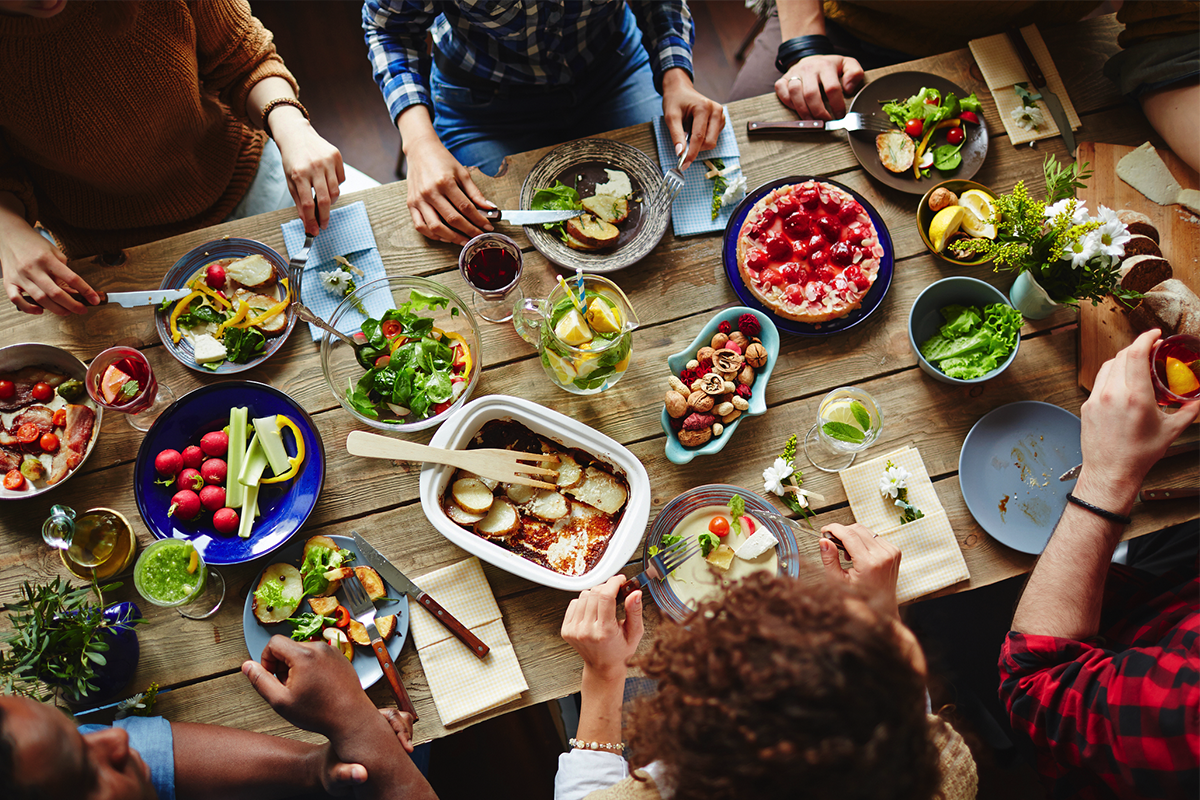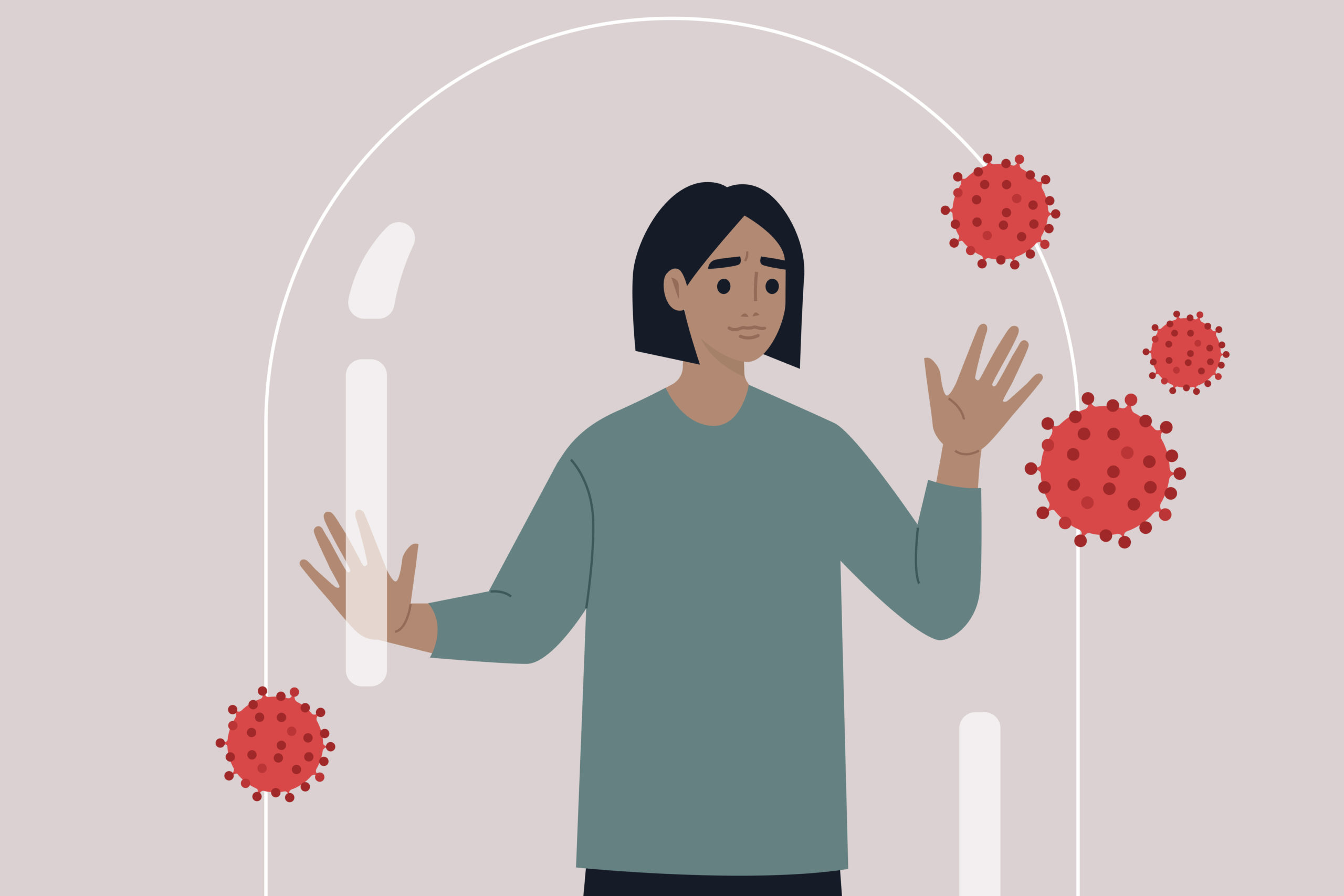What you need to be eating at each age to keep your skin ‘most’ ‘youthful’ according to experts at Neal’s Yard Remedies, taken from Eat Beautiful, as featured in Daily Mail.
There are different foods you should be eating at certain stages of life to help you stay looking and feeling well.
We’ve selected a few of the best things you should eat to ensure you feel and look healthy and well throughout the decades.
20s
In our 20s we have optimal muscle mass, and collagen and elastin are at their peak, keeping skin firm and supple and ensuring good muscle definition.
The biggest cause of premature ageing at this age is negligence towards wellness and skincare due to hectic lifestyles.
Plus in general the exposure to high levels of stress through transitioning to working life, becoming independent and the obligations that comes with. So looking after your brain and mental health is essential. Be sure to eat lots of fish, full of healthy fats, omega oils and antioxidants, such as salmon. Although we suggest eating salmon regularly at all ages!
Other than this, the general advice is to keep a balanced diet with plenty of colourful fruit and veg for antioxidants, which help protect from free-radicals and the sun, another significant cause of ageing.
30s
By 30 cell turnover declines, as does collagen production and your growth hormones will have drastically fallen, meaning weight loss is harder.
The body also reaches its toxicity limit, meaning our bodies can’t process toxins as they could before. If you’re not feeling or looking your best, a buildup of toxins could be the answer as to why this is. So limiting sugar, caffeine, alcohol and bread is a good idea.
A key antioxidant to have in your 30s is vitamin E, which is usually produced by your body through sebum, but this production slows down significantly after 30. Vitamin E protects your skin from free radicals and the ageing rays of the sun. It’s also a vitamin essential for fertility! It’s plentiful in avocado, sweet potato and butternut squash.
40s
Peak bone mass declines in your 40s, increasing your risk of osteoporosis. So avoid inflammatory foods and beat inflammation with potent anti-inflammatories such as turmeric and blueberries.
Presbyopia tends to kick in past 40 due to the hardening of the lens inside your eye so good eye health via plenty of carotenoids (abundant in colourful veg) is important.
Otherwise we suggest following an antioxidant rich diet as before as the underlying structures of your skin decline further.
50s and Over
By your 50s it’s likely you have the foundations in place for a healthy diet. Our advice applies as before, a diet full of antioxidants, anti-inflammatories carotenoids, essential fatty acids all of which contribute to healthy bodily function and protection against chronic diseases.
At the age of 50 your metabolism is continuing to slow, which is typically at a rate of 5% per decade.
Plus you’re prone to more digestive issues as your stomach empties more slowly, plenty of fibre can sort this out. Rich sources are beans, brown rice (or any whole grains), berries, avocados and prunes.
Over 50s
With the average lifespan increasing and people leading better qualities of life with better lifestyle choices, the period of life past our 50s is seen as a colourful period of new opportunity.
By no means are over 50s slowing down. We suggest following our cumulative advice throughout each age. Lead an active lifestyle, keep a well-balanced diet, eat plenty of fish and antioxidants!





